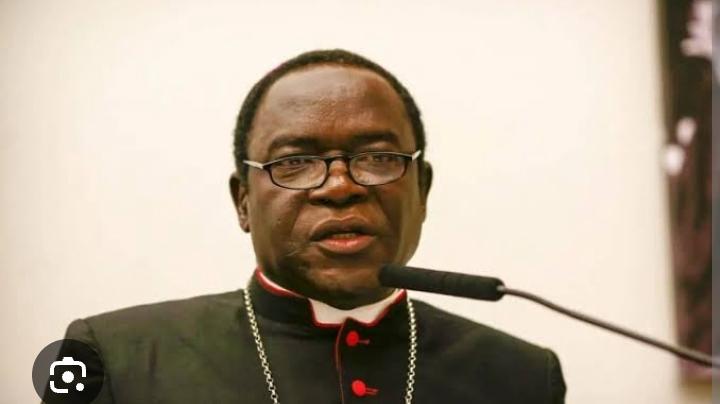According to a report by the Punch on Wednesday, October 22, 2025, a significant national conversation has emerged regarding religious violence in Nigeria, with conflicting perspectives between government officials and religious organizations. The dialogue follows a meeting between the Christian Association of Nigeria and presidential aide Daniel Bwala that revealed substantial differences in how various parties characterize the security situation affecting Christian communities.
The Catholic Bishop of Sokoto Diocese, Matthew Hassan Kukah, offered a nuanced perspective on religious relations under the current administration. He observed, “The President and the Vice President are Muslims, yet Christians have not felt alienated,” highlighting what he described as confidence-building measures that have helped maintain interfaith harmony despite the country’s security challenges.
Presidential aide Daniel Bwala maintained the administration’s position that claims of Christian genocide lack evidentiary support, emphasizing that violence affects both Christians and Muslims across Nigeria. He questioned the methodology behind reports documenting religious violence and argued that available data does not meet the legal threshold for genocide classification under international standards.
The Christian Association of Nigeria has strongly refuted characterizations that it downplays Christian persecution, insisting that targeted attacks on Christian communities represent a serious pattern of violence. CAN leadership presented what they described as verified data showing consistent attacks on Christian communities and demanded more decisive government action to protect vulnerable populations.
The Sultan of Sokoto, Alhaji Sa’ad Abubakar III, emphasized the historical coexistence between religious groups in northern Nigeria, dismissing genocide allegations as potentially damaging to interfaith relations. His comments reflected concerns among religious leaders about narratives that could undermine Nigeria’s fragile social fabric amid ongoing security challenges. See, More, Here>>>
Explore More News By Using The Button Above.

